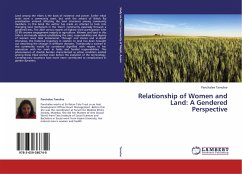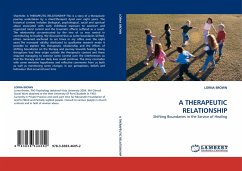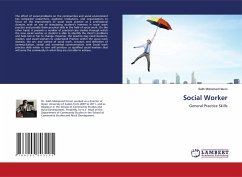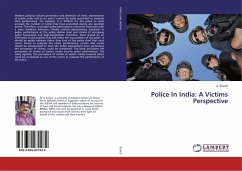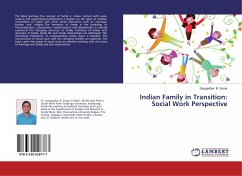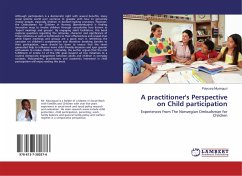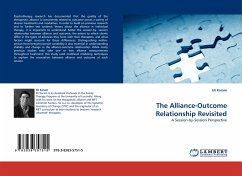Land among the tribes is the basis of existence and power. Earlier tribal lands were a community asset, but with the advent of British Raj privatization entered affecting the land structures among community members. In this book the author has made an attempt to look into changing land mechanism in the 'Deori' community especially through a gendered lens. The 2001 census reports of highest work participation with 52.9% women engagement majorly in agriculture. Women and land in this tribe is intrinsically related establishing the roles, responsibilities and dignity of women since time immemorial. Through oral stories and in-depth interviews, the historical trajectory in relation to land has been brought out describing the changes in different domains. Traditionally a woman in this community would be considered dignified with respect to her association with her work in fields and familial responsibilities. This phenomenon of double burden characterized as urban condition existed among these tribal women even before the evolution of the terminology. Contemporary situations have much more contributed to complications in gender dynamics.
Bitte wählen Sie Ihr Anliegen aus.
Rechnungen
Retourenschein anfordern
Bestellstatus
Storno

